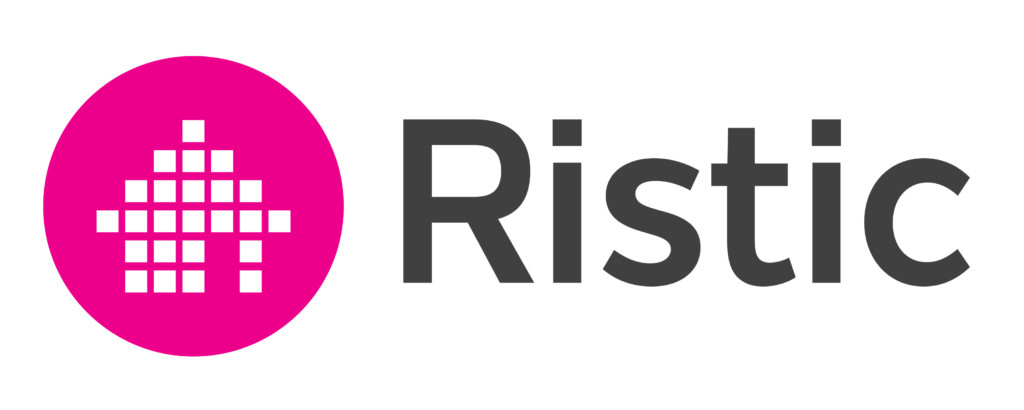Saving For Your Home Deposit

Seeing property sales and rental prices continue to escalate around you when you are not yet in a position to purchase can be a real drainer. Well listen up because we are here to give you a pep talk!
Saving for a house deposit is a commitment that everyone who wants to own their own home has to overcome. The good news is, with a bit self-analysis, discipline and planning, you too can get your deposit together.
At the most basic level, the ability to save is when you spend less or earn more. The effort you put in will come back to you ten-fold when you collect the keys to your new home on settlement day.
1. See the task as a set of steps.
A complex task like this isn’t going to be achieved over night and it can easily become so overwhelming that you feel like giving up before you even start. Try to view it as a set of smaller stages that are moving you closer to your end goal. You may want to motivate yourself by celebrating milestones with a reward of your choosing E.g. a weekend away when you save $10,000 etc.
2. Confirm out how much deposit you need.
Generally, you require 10% upon purchase, with the remainder at settlement. Your bank may lend you up to 95% of the total value of the home, with some additional costs (mortgage insurance) so speak to them and determine this. If you buy off the plan, there might be a 6-12-month gap in between deposit and settlement, so you have the ability to save some extra money during this period also.
3. Estimate weekly/monthly amount to save.
Break the total down into smaller units to make it less overwhelming. To save $50,000 over 2 years you need to save $480 per week, or over 4 years, you will need to save $240 per week.
4. Look for a high interest account and set up scheduled payment.
Consider establishing your savings account with the bank you intend to get your mortgage through. There are a range of accounts, particularly online accounts that offer bonus interest if you deposit a certain amount and do not make any withdrawals during the month. Compound interest is a wonderful thing when you are saving and can really add up over time, especially as the balance increases. Once you have a few thousand saved up, consider a term deposit for extra interest earnings.
5. Do an audit of your spending.
Create an excel spreadsheet and record where your money is spent for a month. Not everyone follows a budget and you don’t need one, but it’s helpful to see concrete evidence of where your money is being spent. Once you start seeing the totals you might be surprised with how much you are spending on certain categories and be able to trim them back.
6. Luxury & unnecessary spending.
Unfortunately, the old saying ‘no pain, no gain’ is real when it comes to achieving your savings goal. If you spend all you earn, you won’t be able to save, so something has to give. Brewing your own coffee at home instead of buying a daily takeaway may save you anywhere from $500 to over $1,000 per year. Taking a homemade lunch to work each day may save you over $2,000 per year. Even if you bring your lunch 3 days per week, you will still be saving a great deal of money. Other ideas may be to walk or car pool instead of using an Uber or limit your Friday night takeaway dinner from a weekly to once a fortnight.
7. Reduce living expenses
Consider moving into a smaller place to reduce your rental payments or move in with family for a period of time. You may even consider housesitting which could save you tens of thousands in rent.
8. Reduce bank fees to zero
Once you get savings in the bank, interest earned should counteract any bank fees, but if you are paying interest on credit cards, you are wasting your money. You need to pay off that debt as a priority, then pay your credit card down to zero each month. Also, trim off other bank fees, including lots of small ATM withdrawals, by drawing out larger amounts and exercise self-discipline!
9. Set up direct debit for your utilises
Most Utility companies offer a discount for paperless billing and direct debit.


